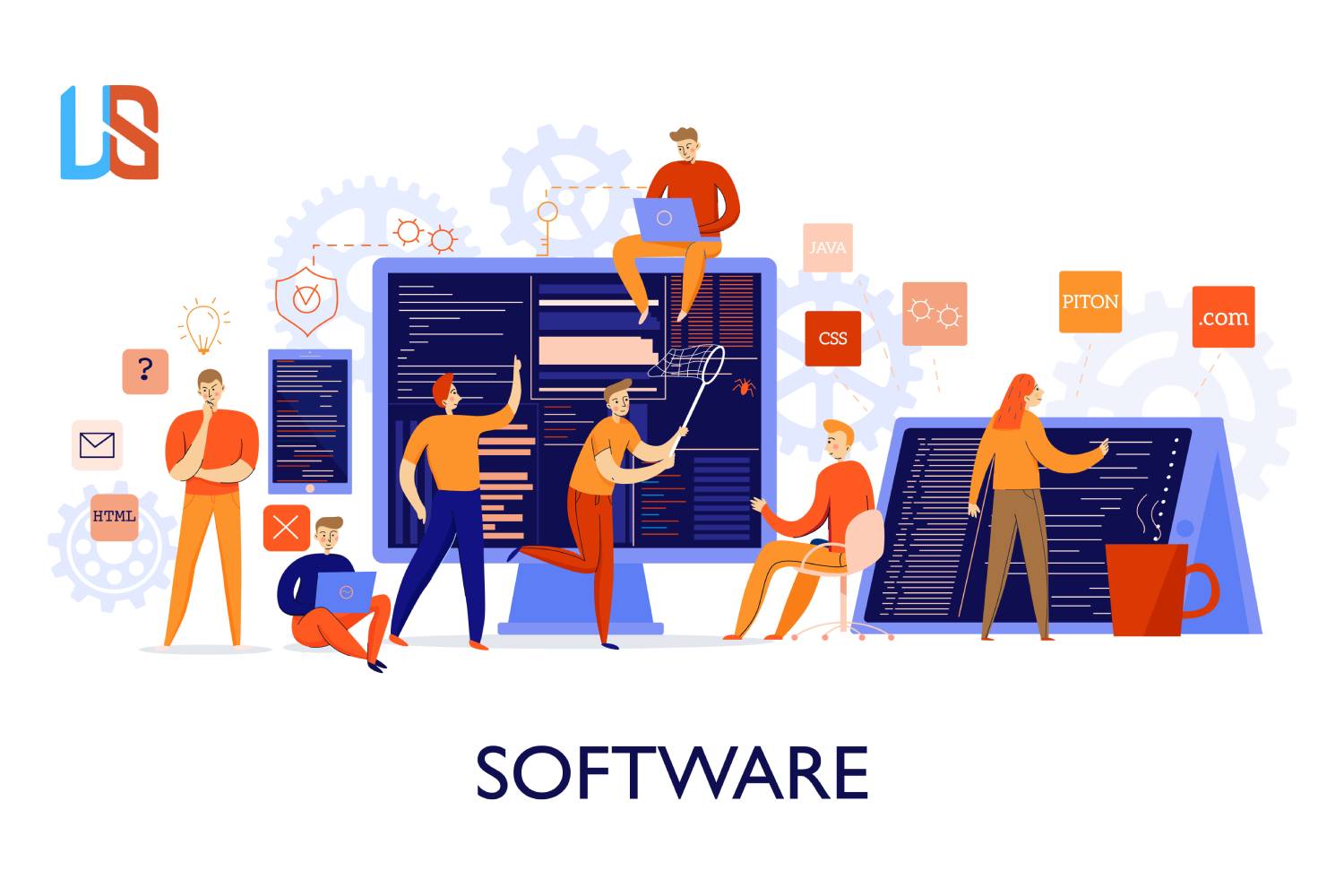
Introduction
In the ever-evolving digital landscape, software development continues to play a pivotal role in shaping our lives and transforming businesses. As technology advances, software developers are continuously exploring new possibilities to create innovative and efficient solutions. In this article, we will delve into the exciting world of software development, exploring the emerging trends and technologies that are poised to redefine the future of this dynamic industry.
1. Artificial Intelligence and Machine Learning
Artificial Intelligence (AI) and Machine Learning (ML) have been at the forefront of technological breakthroughs in recent years. AI-powered applications are becoming increasingly prevalent in various industries, including healthcare, finance, and customer service. ML algorithms are being used to analyze vast amounts of data, enabling businesses to make data-driven decisions and predictions.
2. Internet of Things (IoT) Integration
The Internet of Things (IoT) is connecting devices, appliances, and systems to the internet, creating a network of interconnected “smart” objects. IoT integration is a game-changer in software development, as it enables the creation of smart homes, cities, and industries.
Software developers are now working on building applications that can communicate with IoT devices, collecting and analyzing data to enhance efficiency and user experience. From smart thermostats to autonomous vehicles, IoT integration has the potential to revolutionize the way we interact with technology in our daily lives.
3. Blockchain Technology
Blockchain, the technology behind cryptocurrencies, has far-reaching implications beyond the financial sector. Its decentralized and secure nature makes it ideal for a variety of applications, such as supply chain management, digital identity verification, and voting systems.
In software development, blockchain technology is being used to create tamper-proof, transparent, and immutable solutions. Developers are exploring the potential of blockchain for creating decentralized applications (DApps) that run on a peer-to-peer network, ensuring data integrity and security.
4. Progressive Web Apps (PWAs)
Progressive Web Apps (PWAs) have emerged as a compelling alternative to traditional native applications. PWAs are web applications that offer a native app-like experience, combining the best of both worlds. They are fast, responsive, and work seamlessly across different devices and platforms.
PWAs eliminate the need for users to download and install apps from app stores, making them more accessible and user-friendly. Software developers are increasingly focusing on PWAs to deliver efficient and engaging user experiences without compromising on performance.
5. Low-Code and No-Code Development
As the demand for software solutions grows, so does the need for faster development cycles. Low-code and no-code development platforms are empowering businesses and individuals with limited technical expertise to build applications with ease.
These platforms provide visual interfaces and drag-and-drop functionalities, enabling users to create applications without writing extensive code. This trend is democratizing software development, allowing more people to participate in the creation of digital solutions.
6. Augmented Reality (AR) and Virtual Reality (VR)
AR and VR technologies are breaking the barriers between the physical and digital worlds, offering immersive and interactive experiences. These technologies have applications in gaming, education, training, and even remote collaboration.
Software developers are embracing AR and VR to build captivating applications that redefine user engagement. From AR-enhanced shopping experiences to VR-based training simulations, the potential for these technologies to transform industries is immense.
7. Cloud-Native Development
Cloud computing has revolutionized the way software is developed, deployed, and maintained. Cloud-native development involves building applications specifically for cloud environments, utilizing the benefits of scalability, flexibility, and cost-effectiveness.
By adopting cloud-native development practices, software developers can create applications that can seamlessly scale to meet changing demands. Cloud-native architectures also enhance the resilience and reliability of applications, ensuring consistent performance.
FAQs
AI and ML are transforming software development by enabling smart applications that can learn from data, make predictions, and offer personalized experiences. These technologies streamline development processes and empower businesses to make data-driven decisions.
IoT integration in software development allows for the creation of smart environments, where devices and systems can communicate and share data. This leads to enhanced efficiency, automation, and improved user experiences.
Blockchain technology offers decentralized, secure, and transparent solutions. It finds applications in various sectors, such as supply chain management, digital identity verification, and decentralized applications (DApps).
PWAs are web applications that provide native-like experiences, combining the best of both web and app worlds. Unlike traditional native apps, PWAs do not require downloads from app stores and work seamlessly across different platforms.
Low-Code and No-Code platforms allow individuals with limited technical expertise to create applications without extensive coding. This democratizes software development and accelerates the creation of digital solutions.
AR and VR have applications in various industries, including gaming, education, training, and remote collaboration. They offer immersive and interactive experiences that redefine user engagement.
Cloud-Native development takes advantage of cloud computing benefits, such as scalability, flexibility, and cost-effectiveness. It allows applications to scale effortlessly and ensures consistent performance.
Conclusion
The future of software development is brimming with exciting possibilities. From the integration of AI and IoT to the rise of PWAs and blockchain solutions, developers are at the forefront of shaping a digital landscape that is efficient, innovative, and user-focused.
As businesses and individuals continue to embrace technology in every aspect of life, software developers will play a crucial role in driving these transformative changes. By staying abreast of emerging trends and leveraging cutting-edge technologies, developers can create a future where software solutions enhance our lives and empower businesses to thrive.
So, let’s embrace this tech-driven future with open arms and be prepared to witness remarkable advancements in software development!





